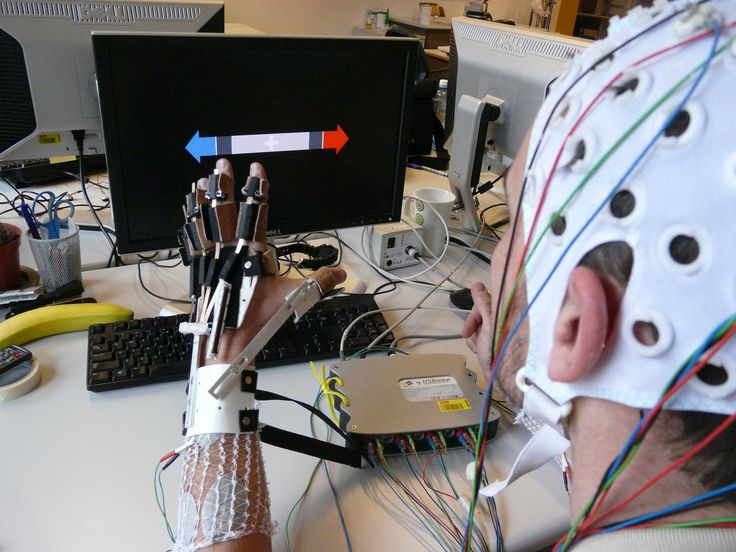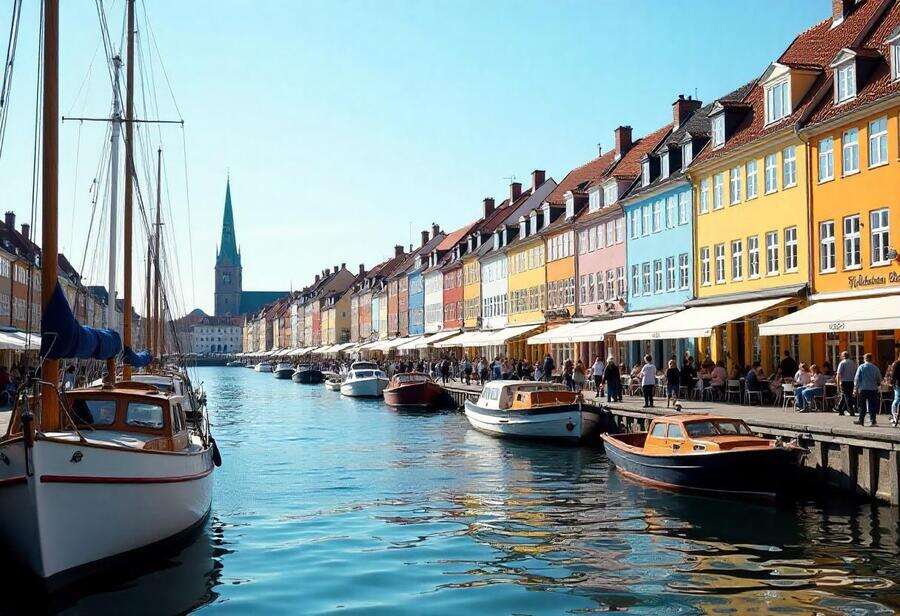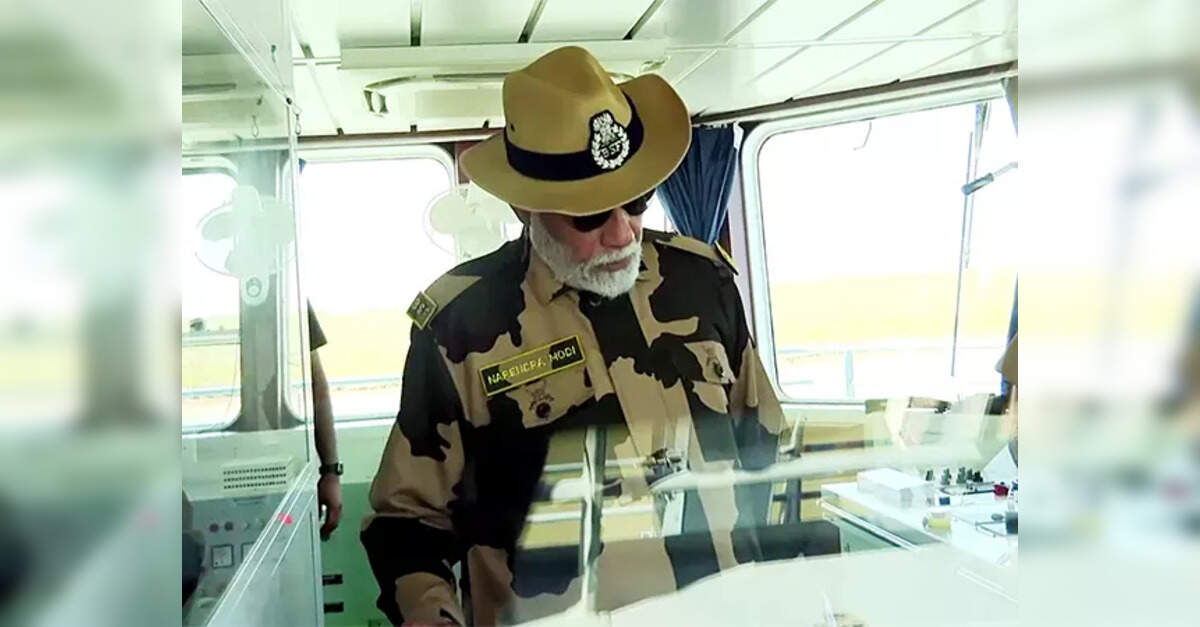High Stakes: Thailand-Cambodia Border Tensions Escalate, Diplomacy Prevails

Amidst escalating tensions along theThai-Cambodian border, the Thai government has issued stern warnings to Cambodian nationals against engaging in spying activities and to Cambodian troops regarding drone violations. Government spokesman Jirayu Houngsub emphasized that individuals caught spying could face the maximum penalty of death under Thai law, although in practice, foreign spies are typically jailed, deported, and blacklisted upon release. Furthermore, any unauthorized drones violating Thai airspace would be immediately taken down, as the Royal Thai Army and other security agencies have intensified anti-drone surveillance and countermeasures. Governors in 20 northeastern provinces have been ordered to bolster protection of strategic locations against drone espionage. The Civil Aviation Authority of Thailand (CAAT) has also enforced and extended a nationwide ban on drone flights to detect and deter spy activities along the border, with exceptions for registered agricultural drones during daylight hours.
Thailand has vehemently denied accusations from Cambodia regarding Thai drone incursions into Cambodian airspace. Jirayu Houngsub stated that Thailand strictly controls all drone operations, especially in sensitive border zones, and has no policy of violating neighboring airspace. He highlighted Thailand's possession of advanced surveillance technology that negates the need for drone incursions, unlike past decades. Thailand remains committed to defending its sovereignty and territorial integrity without encroaching on others, maintaining a cautious and measured approach to the ongoing border conflict. Evidence of this approach includes the discovery of numerous unexploded BM-21 rockets and artillery shells on Thai soil, which Thai troops coordinated with Cambodian counterparts to detonate, preventing misunderstandings. Jirayu urged the Cambodian government to be more truthful in its international communications and cease spreading distorted information.

Photo Credit: Pinterest
In an effort to de-escalate tensions, an urgent meeting between Thailand and Cambodia was scheduled for Monday, July 28, in Malaysia, at the invitation of Malaysian Prime Minister and ASEAN Chair Anwar Ibrahim. The Thai delegation, led by Acting Prime Minister Phumtham Wechayachai, included key officials such as the Minister of Foreign Affairs, the Deputy Minister of Defence, and the Secretary-General to the Prime Minister. Cambodia’s delegation was to be led by Prime Minister Hun Manet. The primary objective of these talks was to explore pathways to restore peace while reaffirming Thailand’s unwavering commitment to defending its sovereignty and territorial integrity. Spokesperson Jirayu Huangsap firmly dismissed claims in some Thai media outlets that the Thai delegation would accept Cambodia’s use of the 1:200,000 map as a basis for negotiations, reiterating Thailand’s consistent adherence to the 1:50,000 map and emphasizing that no government would compromise national interests.
Despite the high tensions, the Second Army Area reported on Tuesday that no clashes occurred along the Thai-Cambodian border. Military fortifications have been enhanced in some areas, but there has been no increase in troop deployment. Bomb disposal teams successfully detonated dud artillery shells and rockets from Cambodian troops in 48 areas, though 59 other areas still require clearance. The Second Army Area has shifted its primary mission to maintaining security, supporting evacuees, and providing humanitarian aid. As of Tuesday afternoon, 69,338 evacuees were being supported at 356 shelters across four Thai-Cambodian provinces, with the Department of Provincial Administration deploying village defense volunteers to protect their homes. The Royal Volunteer Spirit Center has actively provided assistance, including organizing a ceremony to hand over a new house to the parents of a fallen soldier, setting up 15 royal kitchens that have distributed over 425,000 food boxes, deploying thousands of volunteers, and providing veterinary care for pets in affected communities.

Photo Credit: Pinterest
Transparency and adherence to international humanitarian principles have been a key focus for Thailand. The Second Army Area facilitated a visit by representatives of the International Committee of the Red Cross (ICRC) to observe the treatment of 18 Cambodian troops captured by the Thai military. The ICRC confirmed that these troops are being treated as prisoners of war (POWs) in accordance with international human rights principles and the Geneva Conventions. This initiative, undertaken by Thailand itself, aimed to demonstrate adherence to humanitarian principles. The Ministry of Foreign Affairs confirmed its proactive approach in coordinating with the ICRC to clarify Thailand's handling of various issues and to prevent misunderstandings among the international community influenced by Cambodian misinformation.
Progress in diplomatic discussions was reported with a secretary-level agreement reached in the ongoing General Border Committee (GBC) talks between Thailand and Cambodia. This agreement, while not final, was prepared for review by the National Security Council (NSC) and a special Cabinet meeting for approval. Once approved, the Thai Chairman would proceed to Malaysia for the final GBC meeting. The situation near the Chong An Ma area, which previously saw reports of Cambodian soldiers cutting barbed wire along the Thai border, has been resolved through negotiations, with both sides agreeing to the status quo and Thailand having replaced the damaged wire. Thailand continues to enforce strict border control, actively apprehending illegal immigrants and coordinating with security agencies. Thailand's principle remains clear: to resolve the conflict peacefully and return to negotiations with sincerity and good faith, firmly believing that maintaining a positive atmosphere without accusations is crucial for reducing tensions between the two countries.
You may also like...
How Technology, Equity, and Resilience are Reshaping Global Healthcare

The global healthcare system is undergoing a profound transformation, driven by technological leaps, a renewed focus on ...
A World Unwell: Unpacking the Systemic Failures of Global Health

From recurring pandemics to glaring inequities, the global health system is under immense strain. This article explores ...
Sapa-Proof: The New Budget Hacks Young Nigerians Swear By

From thrift fashion swaps to bulk-buy WhatsApp groups, young Nigerians are mastering the art of sapa-proof living. Here ...
The New Age of African Railways: Connecting Communities and Markets
(5).jpeg)
African railways are undergoing a remarkable revival, connecting cities, boosting trade, creating jobs, and promoting gr...
Digital Nomadism in Africa: Dream or Delusion?

For many, networking feels like a performance — a string of rehearsed elevator pitches and awkward coffee chats. But it ...
The Ethics of Brain-Computer Interfaces: When Technology Meets the Mind

This piece redefines networking as a practice rooted in curiosity, generosity, and mutual respect, sharing stories from ...
Carthage: The African Power That Challenged Rome

Long before Rome became the undisputed master of the Mediterranean, it faced a formidable African rival whose power, wea...
Africa’s Oldest Seat of Learning: The Story of al-Qarawiyyin

Long before Oxford or Harvard opened their doors, Africa was already home to a seat of learning that would shape global ...



